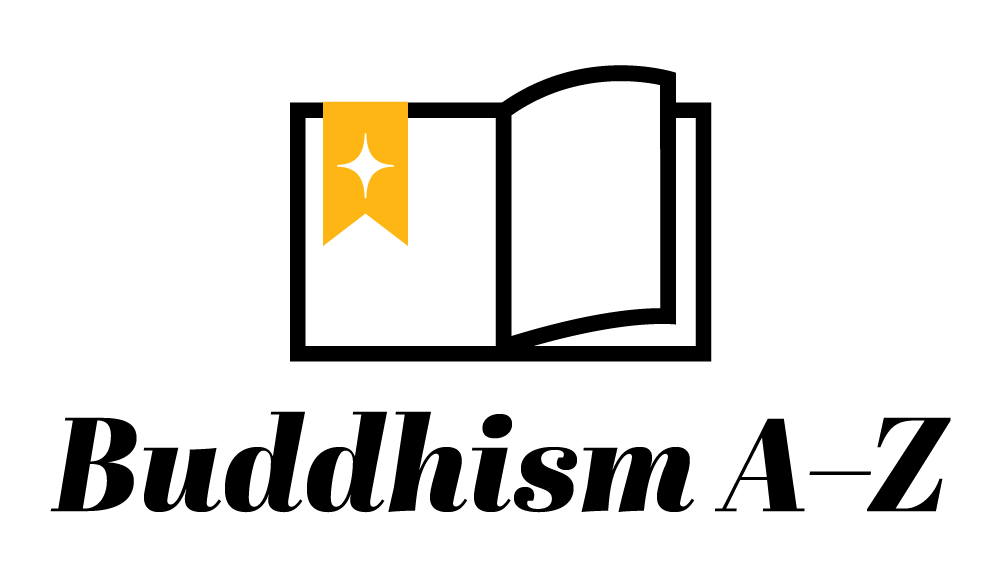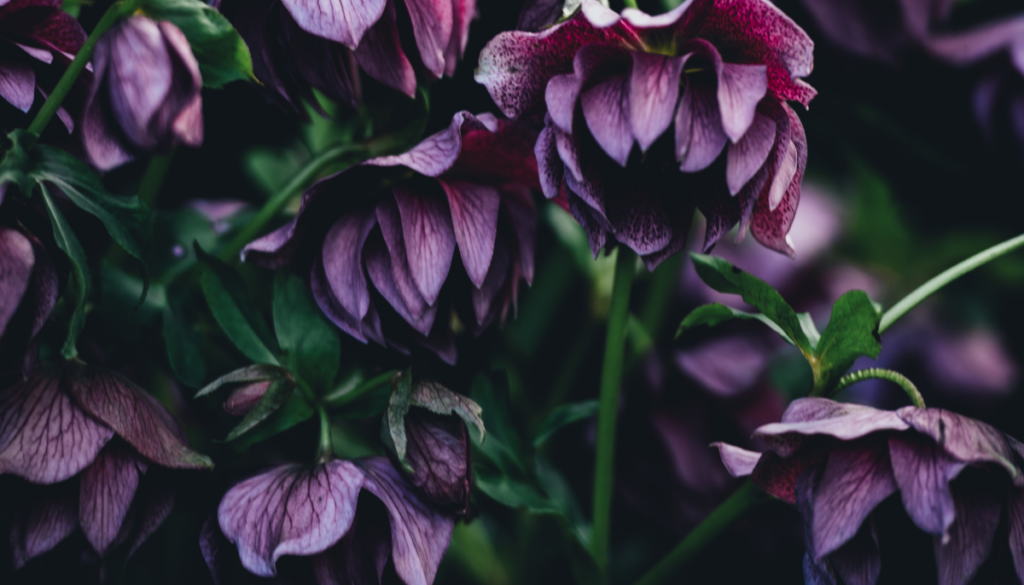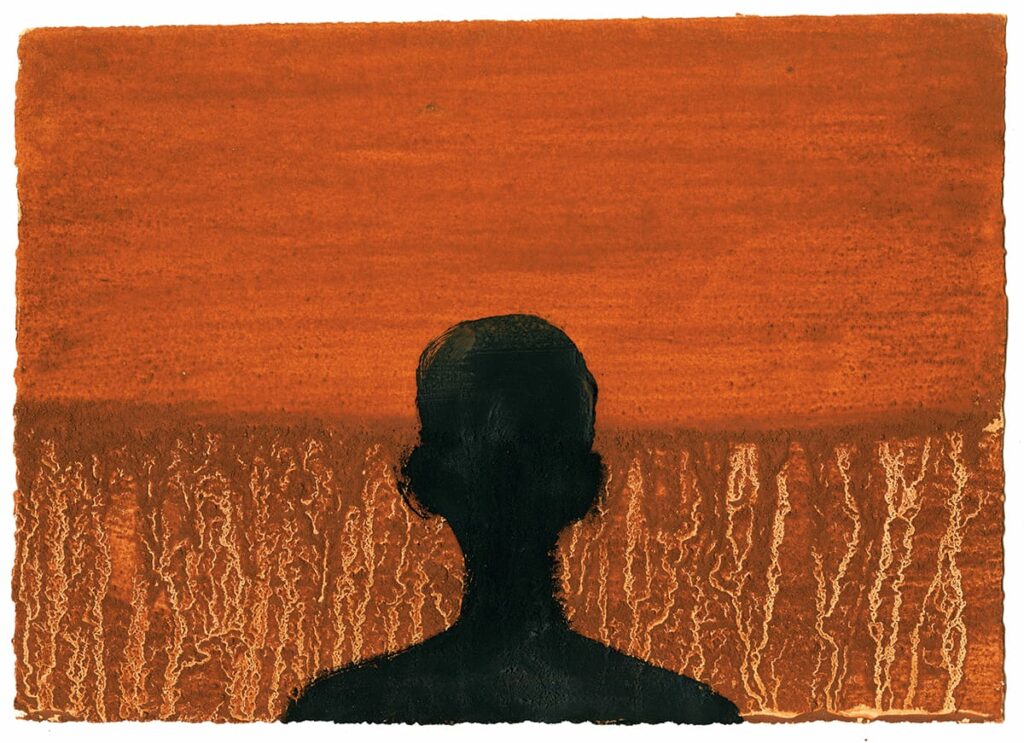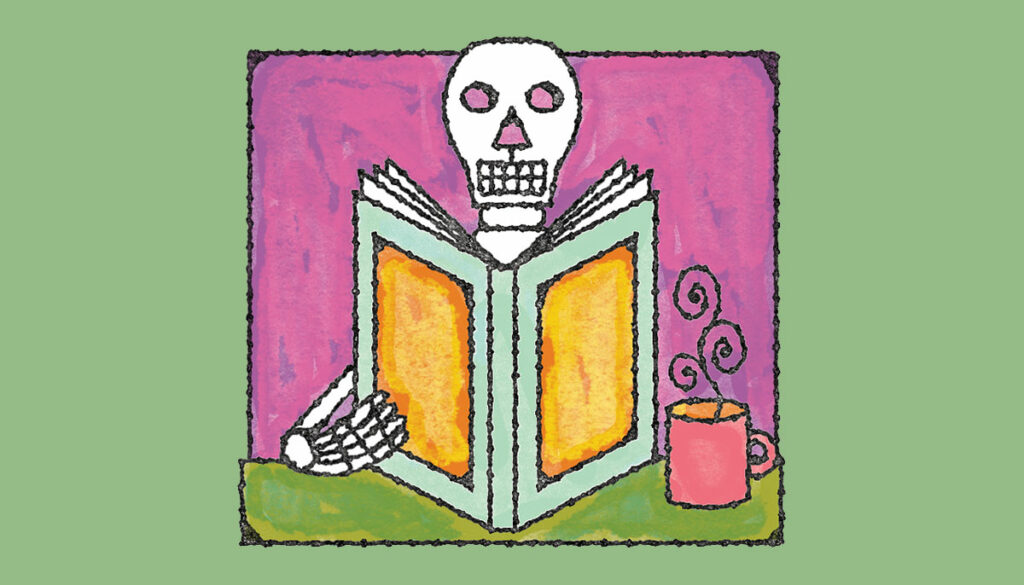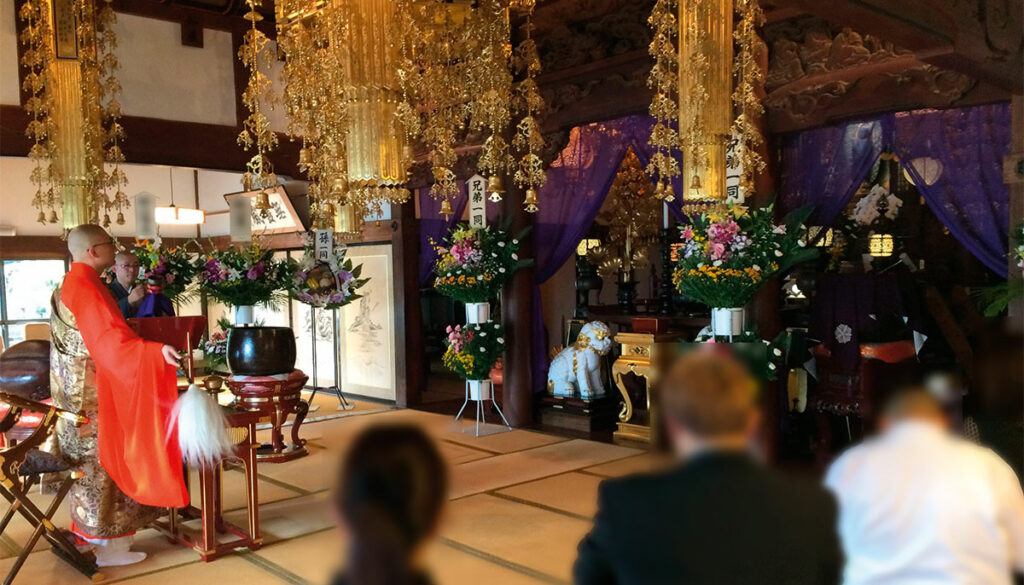The inevitability of death and understanding life’s impermanence are central to Buddhist practice and philosophy. Instead of fearing death, Buddhists are encouraged to understand it, prepare for it, and use it as a motivation to lead a meaningful life. Practitioners aim to live a life of mindfulness and compassion, which ultimately helps them to meet death with awareness and equanimity.
The value and efficacy of Buddhism’s teachings on death have helped lead to Buddhist concepts and rituals being adopted in the secular care and hospice realms by caregivers and the dying alike.
Here are some Buddhist concepts related to death and dying:
Impermanence (Sanskrit: anitya; Pali: anicca)
Impermanence is one of Buddhism’s three marks of existence. Everything, including life itself, is transient and subject to change, decay, and extinguishment. As the Buddha famously said, all compound phenomena disintegrate, I.E., die. By practicing with impermanence in mind, one can learn to live more fully, valuing each moment.
Meditation on Death
Buddhism encourages practitioners to meditate on death, not as a morbid contemplation but to foster urgency in one’s spiritual practice and to reduce attachment, given the transient nature of life. Maranasati, also known as mindfulness of death, or death awareness, is a Buddhist meditation practice in which one aims to keep death in the forefront of thought. Such contemplation of death changes awakens us to the present moment, fostering a greater appreciation for life itself.
The Five Remembrances
The five remembrances, or contemplations, were taught by the Buddha in the Upajjhatthana Sutta. He encouraged practitioners to recite and reflect upon these five truths:
- I am of the nature to age.
- I am of the nature to become ill.
- I am of the nature to die.
- I will be separated and parted from all that is dear to me.
- I am the heir to my actions.
Contemplating these phrases regularly, helps us keep in touch with the inevitability of old age, sickness, and death.
Caring for the Dying
Compassion and care for the dying are emphasized in many Buddhist teachings. There is a growing contingent of Buddhist chaplains, caregivers, and medical professionals who work with the dying, offering support and guidance in end-of-life care through a Buddhist lens in home, hospital, and hospice settings.
A number of Buddhist teachers have centered their work around offering Buddhist wisdom to people who are dying and those close to them. Popular books on Buddhist views of death and caregiving include The Five Invitations by Frank Ostaseski, Advice for Future Corpses by Sallie Tisdale, and Making Friends with Death by Judy Lief.
Related Reading
7 Life and Death Questions
Michael Hebb, founder of Death Over Dinner, offers some important questions to guide your contemplation of mortality.
What to Say When Someone Dies
Avoid pat expressions, says Valerie Brown. What a grieving person needs is loving presence.
The Four Points of Letting Go in the Bardo
It’s when we lose the illusion of control—a "bardo" state where we are most vulnerable and exposed—that we can discover the creative potential of our lives.
Buddhist Books About Death & Dying
There are plenty of Buddhist books with helpful advice about how to help dying people—and how to die yourself.
Buddhist Funeral Traditions
Buddhist funeral traditions around the world help both the dead and their loved ones let go and move on.
Buddhism A–Z
Explore essential Buddhist terms, concepts, and traditions.
